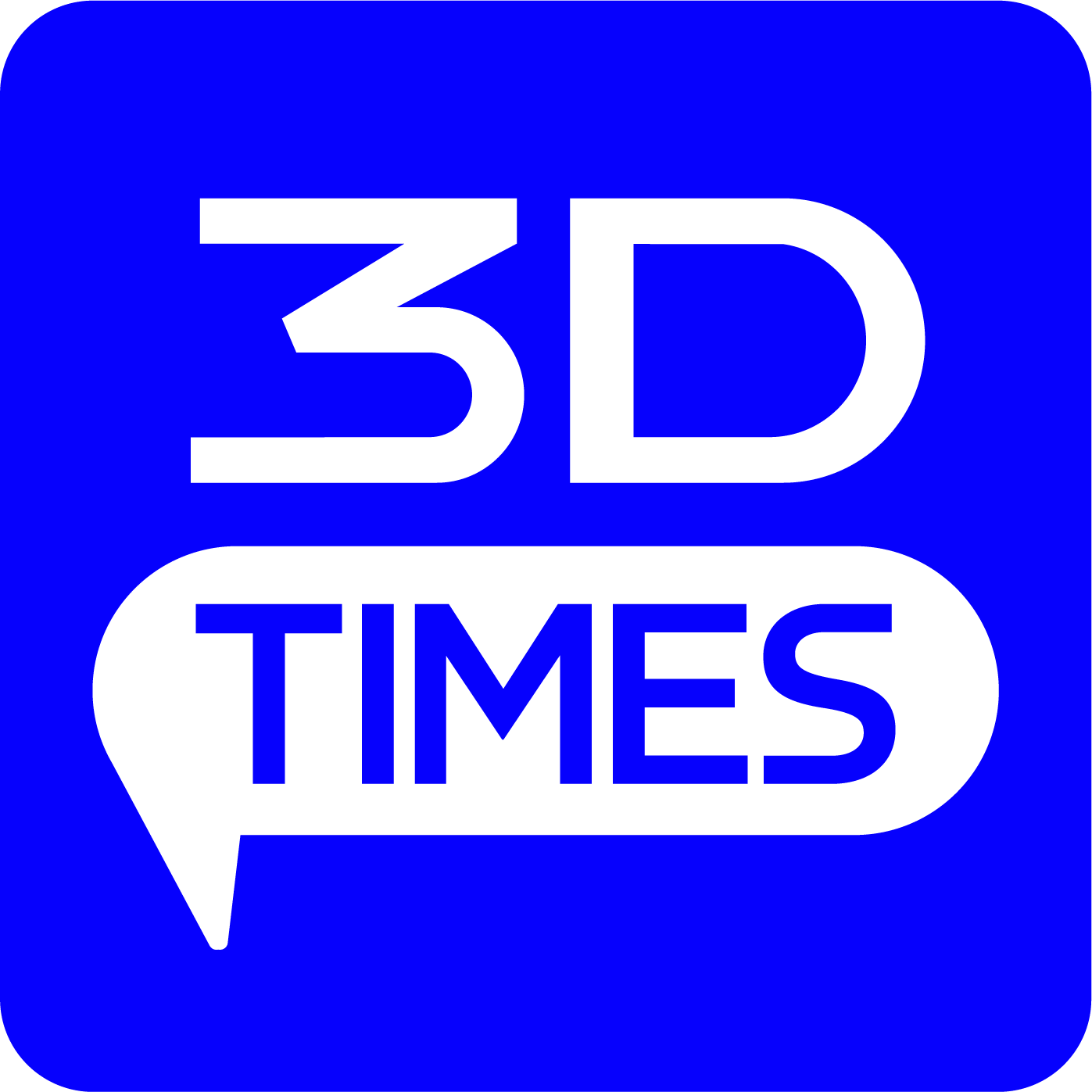
Undergraduate Program in Additive Manufacturing Engineering, School of Materials Science and Engineering, Shandong Jianzhu University
September 22, 2025 Services 50

News
About
Events
Newsletter
Research
Podcast
Zones
Forum
Shop
Contact
Advertise
Additive Manufacturing
3D Printing
Industry Directory
Global Offices
U.S. Headquarters
Address: 2595 Pomona Blvd, Pomona, CA 91768, USA
Email: bjldid@gmail.com
Jason
China Office
Address: Room 401, Block C, Zhongguancun Zhizao Avenue, No. 45 Chengfu Road, Haidian District,
Beijing, China 100083
Email: bjldid@126.com
Gwen wechat: scrat3dcom
©2025 3dptimes.com All Rights Reserved